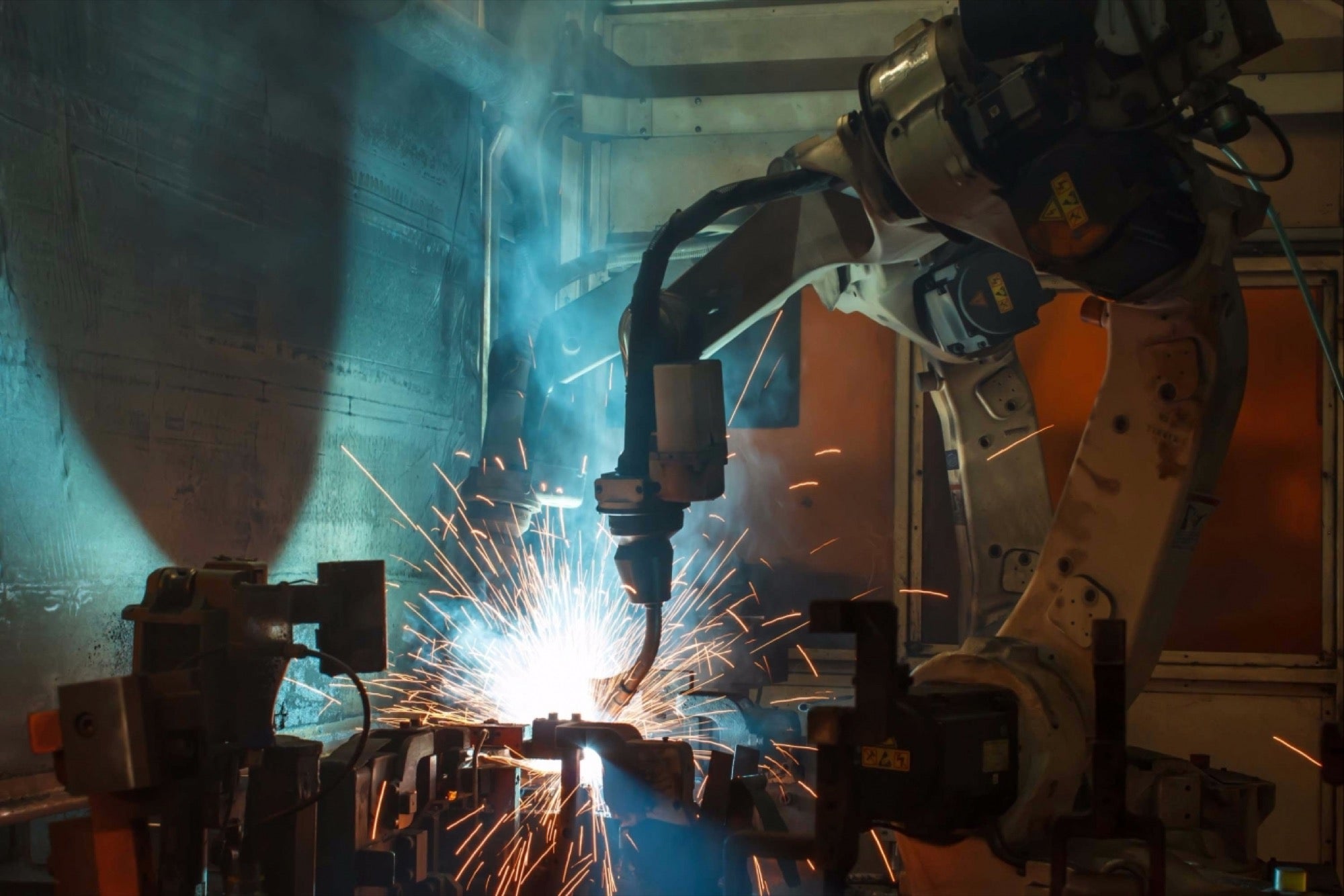The Robots Will Take Our Jobs. Here's Why Futurist Ray Kurzweil Isn't Worried. 'We are going to have new types of jobs creating new types of dollars that don't exist yet,' says the inventor and futurist.
Opinions expressed by Entrepreneur contributors are their own.

Will robots take away our jobs in the future? Probably, said inventor and futurist Ray Kurzweil.
But that's really no big deal, he added, since we'll just make new ones.
It's happened before. Machines have taken over human jobs "many times," said Kurzweil, who, in addition to receiving the National Medal of Technology, is the director of engineering at Google.
Take agriculture. The percentage of U.S. adults working in the industry today is a fraction of what it was a hundred or so years ago, thanks to the invention of sophisticated farming machinery. Luckily, there's a flipside to this equation: technological advancements have also created jobs. The overwhelming percentage of Americans employed in information technology today, for example, all have jobs that didn't exist 100 years ago.
Related: The One Tip for Success Shared by Ray Kurzweil and Neil deGrasse Tyson
Too often, the evolution of the job market is presented in a negative light. And that, said Kurzweil, becomes a political problem. As existing ways of making a living are replaced with machine labor, people aren't satisfied with assurances like, "Don't worry. We will invent new jobs."
The natural next question, then, is, "Well, what jobs?" And Kurzweil's response -- "I don't know, we haven't invented them yet" -- isn't comforting. He understands that. But it's also true.
Again, it's backed by historical precedent. A person who lived in the early 1900s could never have predicted modern-day careers such as mobile app designer, data analytics engineer, content marketer or vlogger. The language, platform and infrastructure to envision such jobs simply didn't exist yet.
The situation is exactly the same today. "We are going to have new types of jobs creating new types of dollars that don't exist yet and that has been the trend," Kurzweil said. "We will be creating more profound music, literature, science, technology."
Related: At This Store, Robots Will Replace Human Employees. But, Wow, They Are Adorable.
Overall, Kurzweil is optimistic about the future of work. He predicts that as robots take our old jobs, we will like our new jobs more. "People are very eager to retire because they don't like their work," he said. Ideally, in a more optimal future, however, more and more people's passion will be aligned with their professional work. "That really is the goal. To be able to have a passion for what you do."
Kurzweil spoke with astrophysicist Neil deGrasse Tyson Monday night as part of the 92nd Street Y's weeklong 7 Days of Genius Festival.










